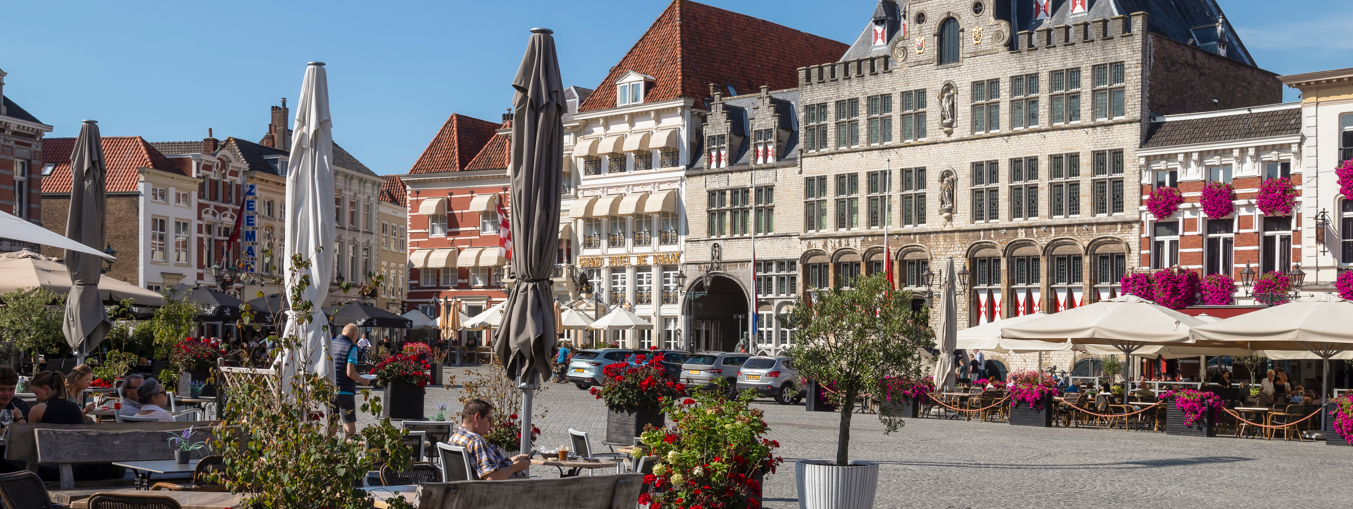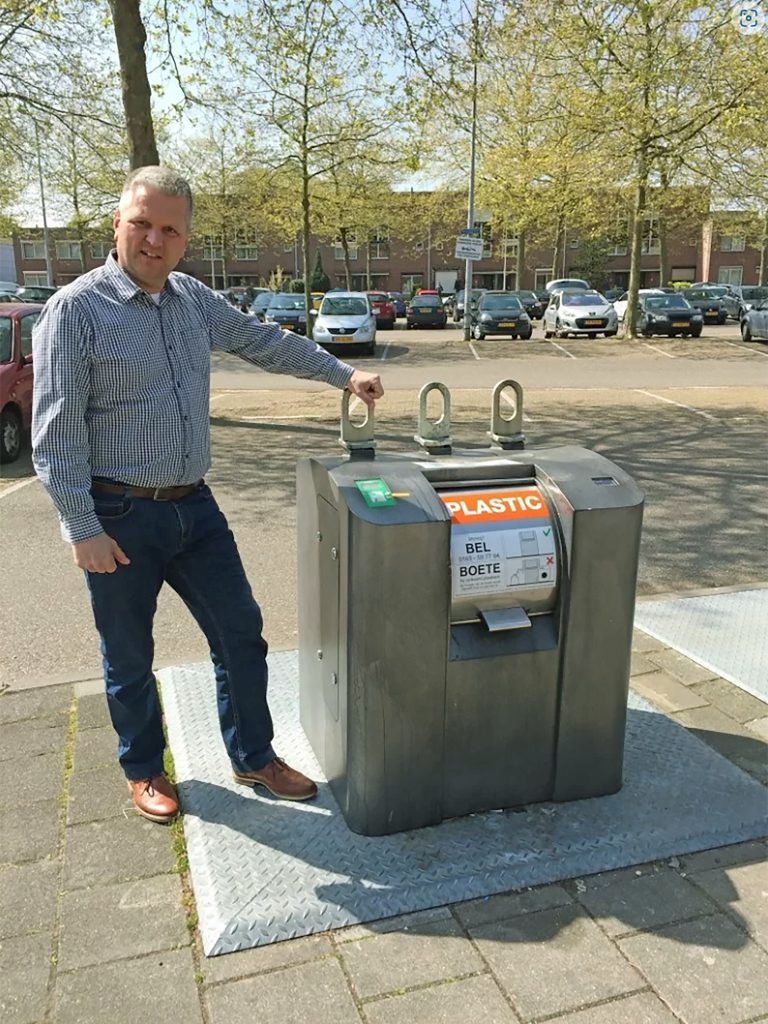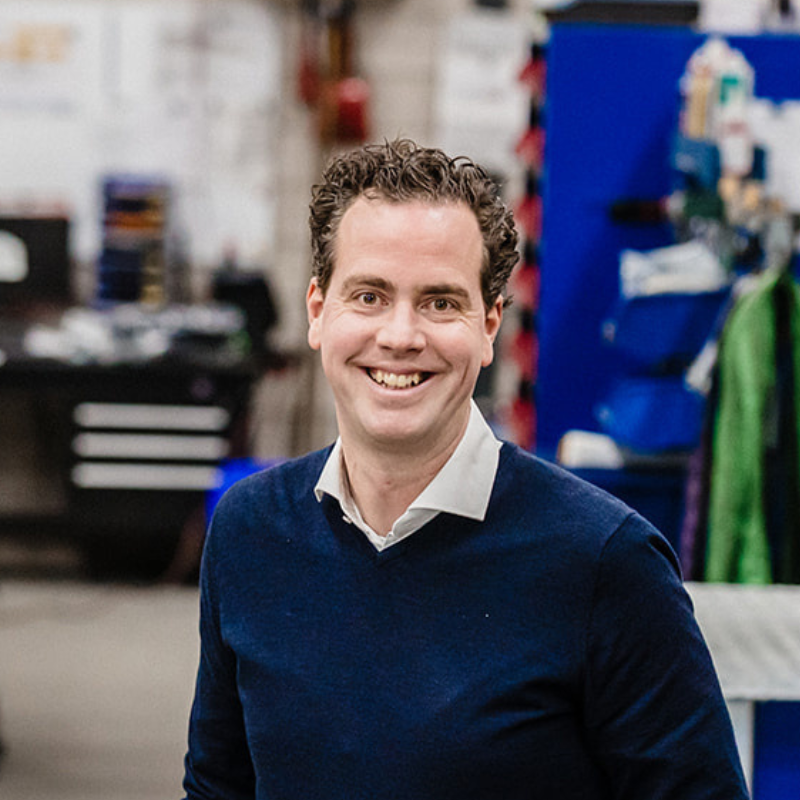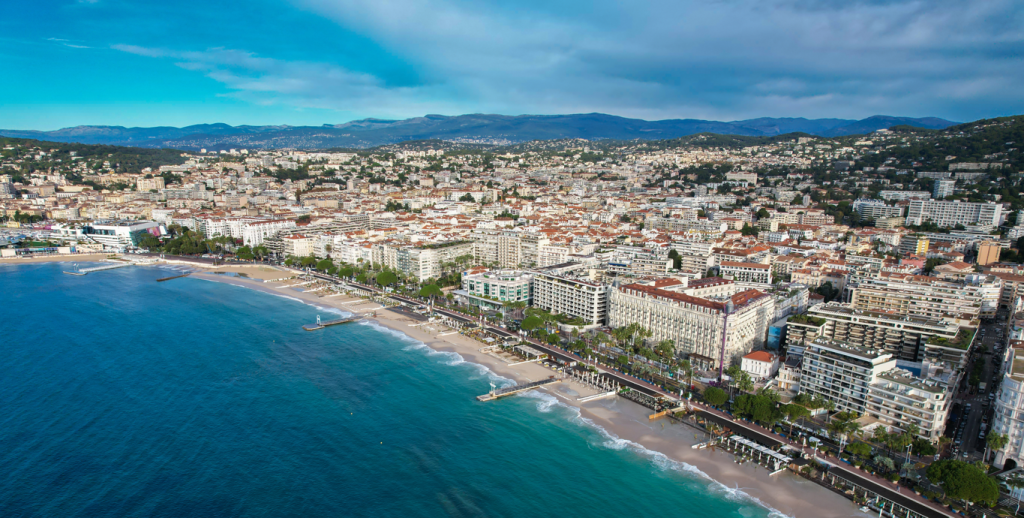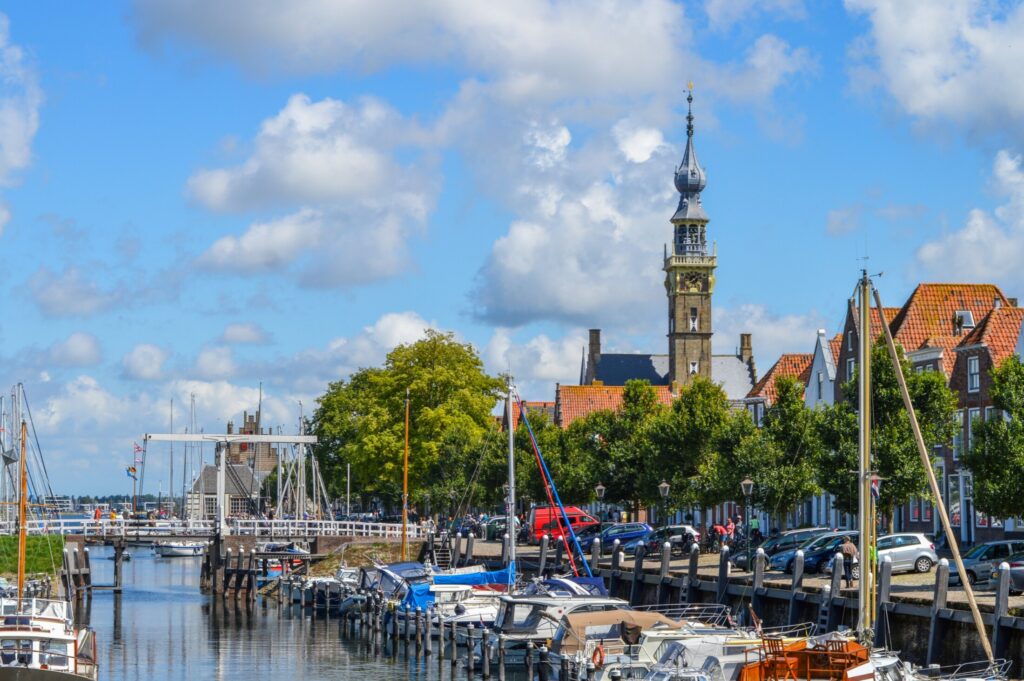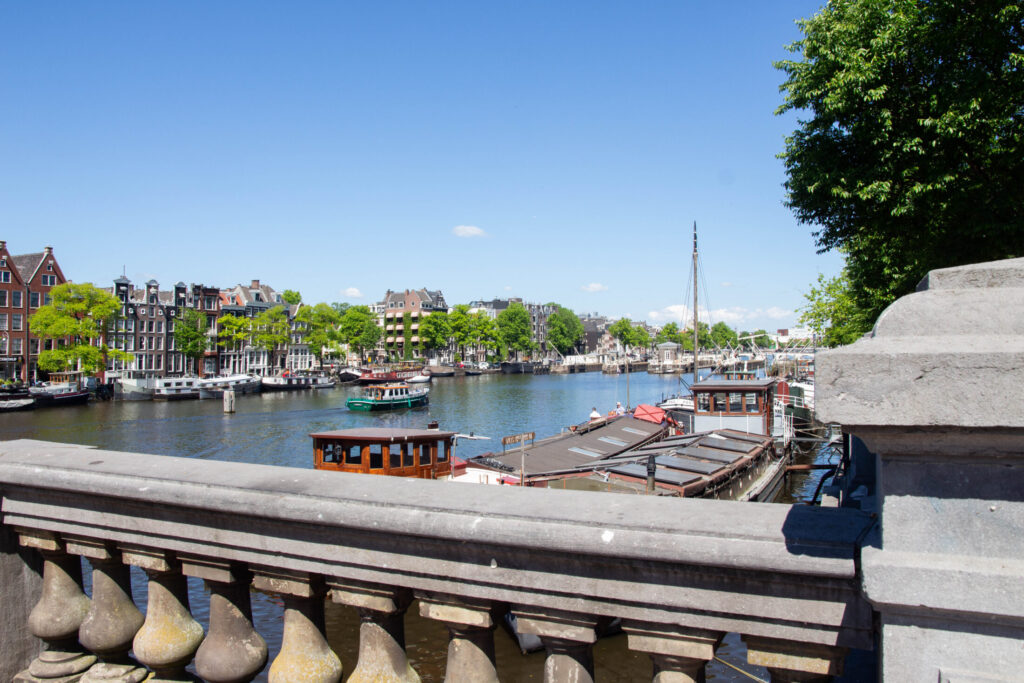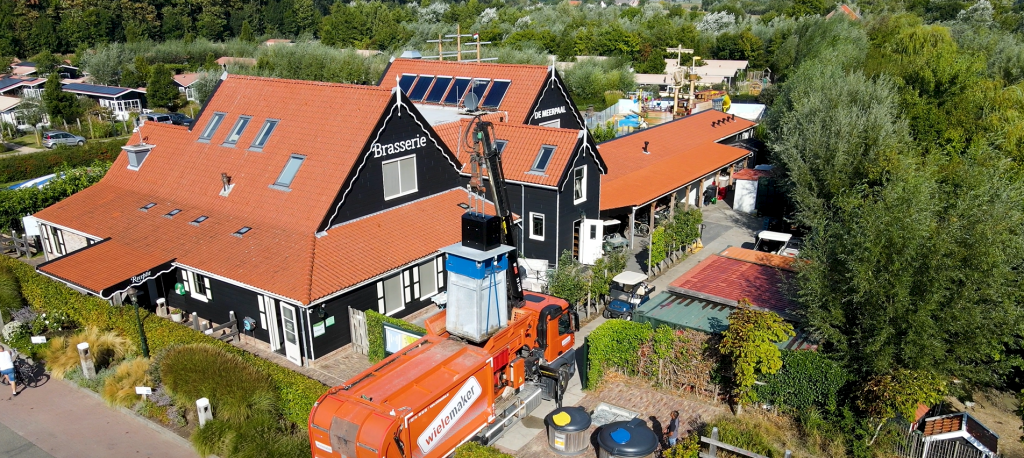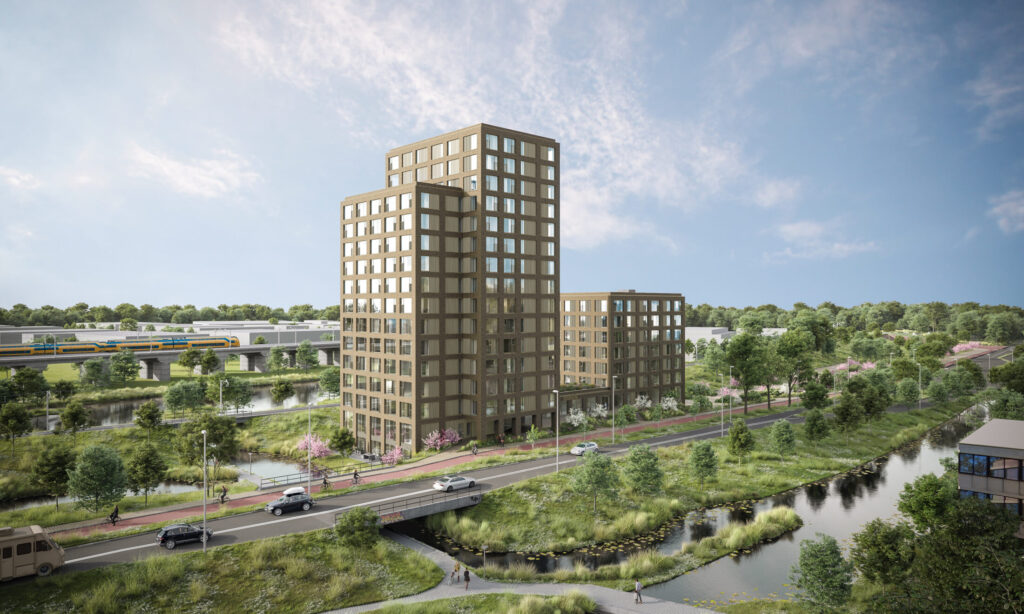Because of increasing waste flows, the city of Bergen op Zoom was looking to increase capacity, but without having to install new above-ground containers. Increasing volumes of plastic also were being collected. In fact, this was too much for above-ground containers alone, so below-the-ground solutions had to be sought. Sidcon’s underground compactor provided such a solution. In the meantime, 7 compactors have now been successfully installed in Bergen op Zoom.
‘It was immediately apparent that we wanted underground containers. Whilst it was clear we had to increase capacity, we didn’t want any more containers at street level,’ explains Maarten Versluis, policy adviser for the Bergen op Zoom municipality. Sidcon sprung to mind, not least because of its track record in other towns and cities.
‘We heard good reports about the underground compactor in the market’ Despite the fact that it was still a relatively new product in 2012, it had already earned its spurs. That was a key criterion for us. These positive experiences weighed more heavily than the price, we felt. Whilst the latter was perhaps higher, we would ultimately recoup the extra costs, not least because next to no maintenance is required and, of course, the compactors need emptying less frequently due to their larger capacity.’
